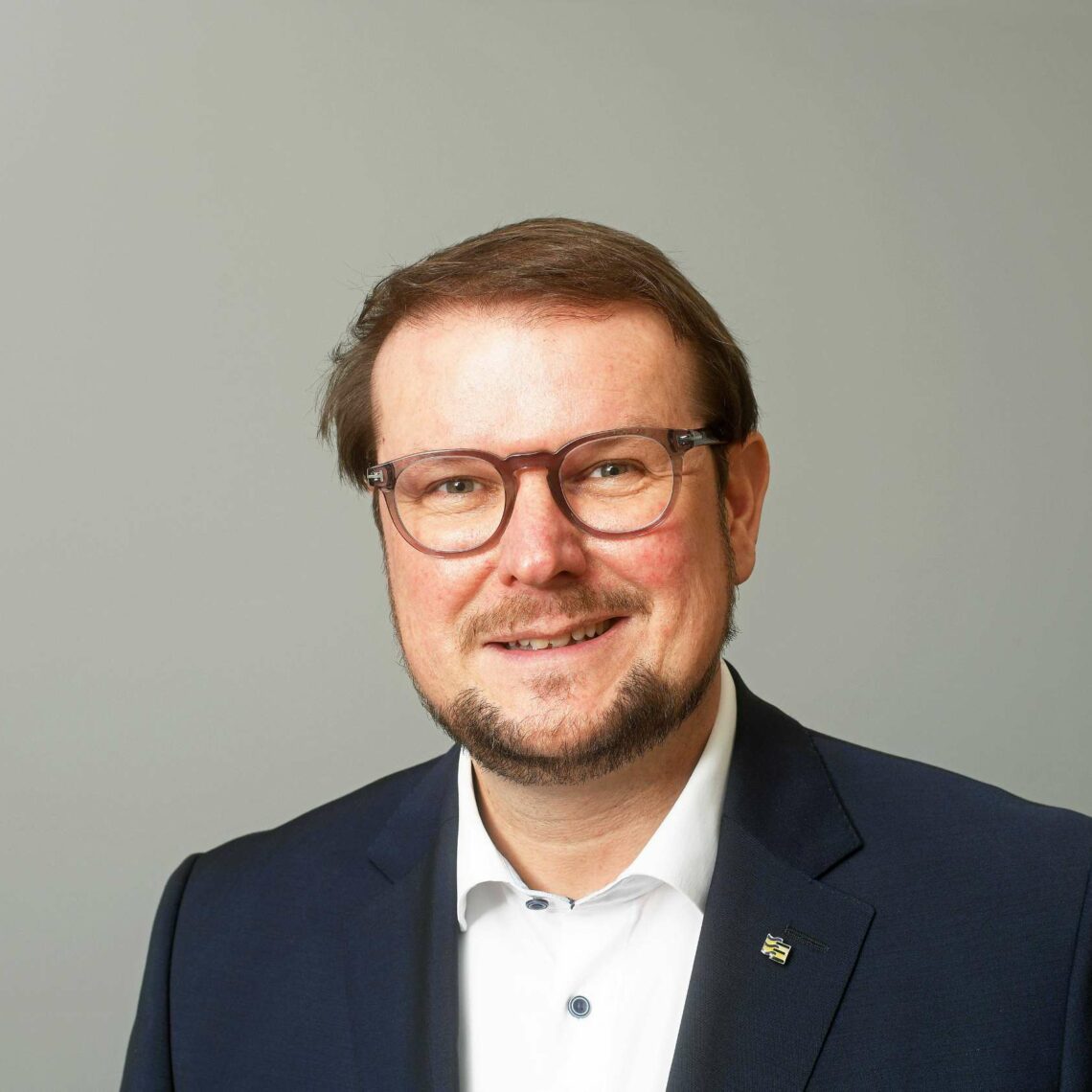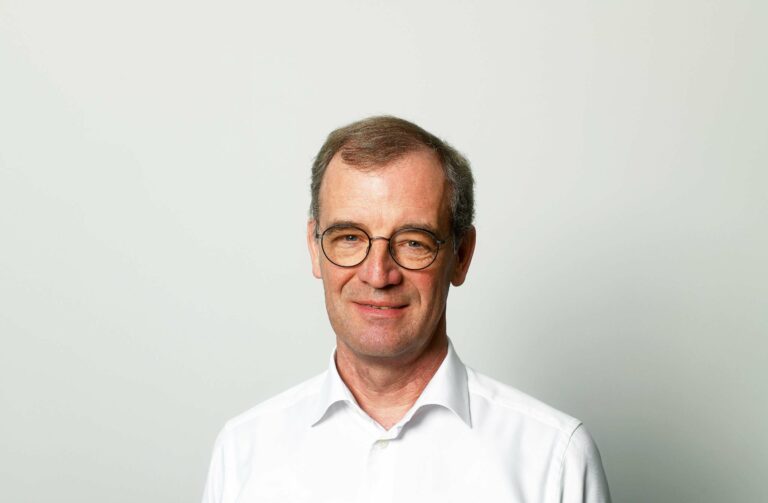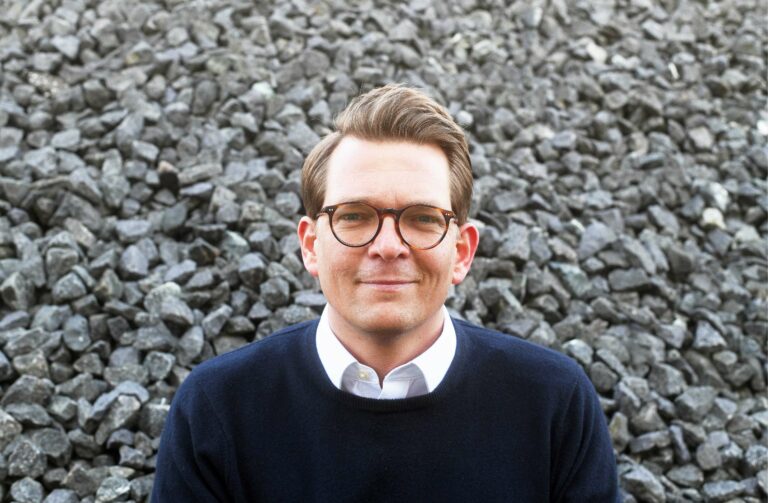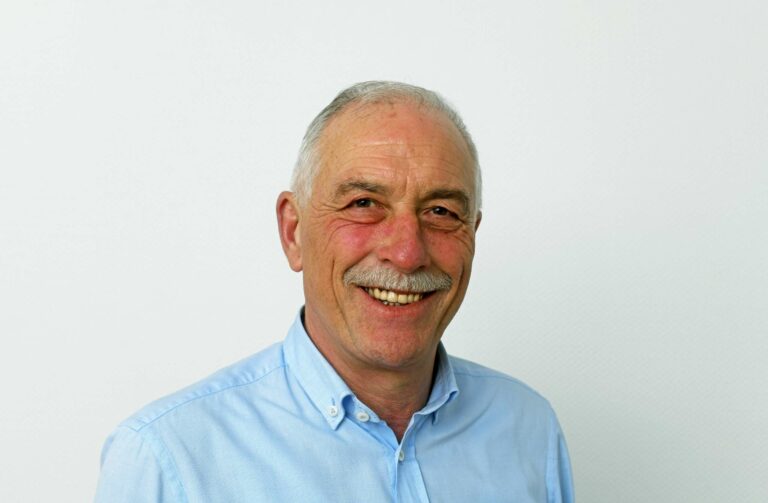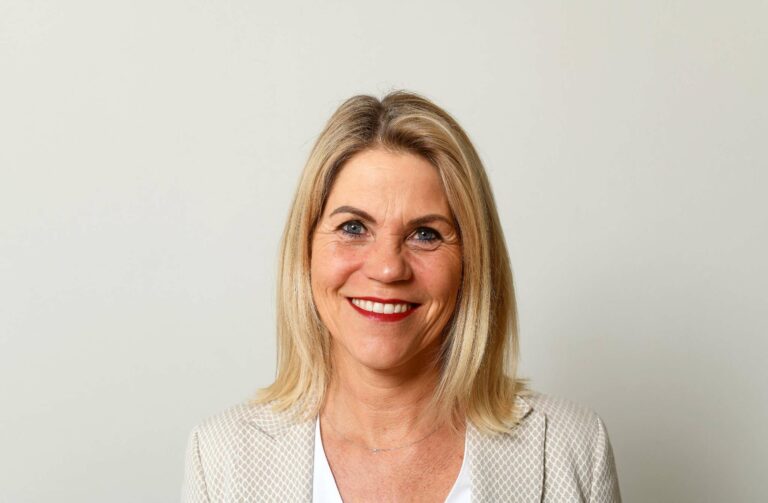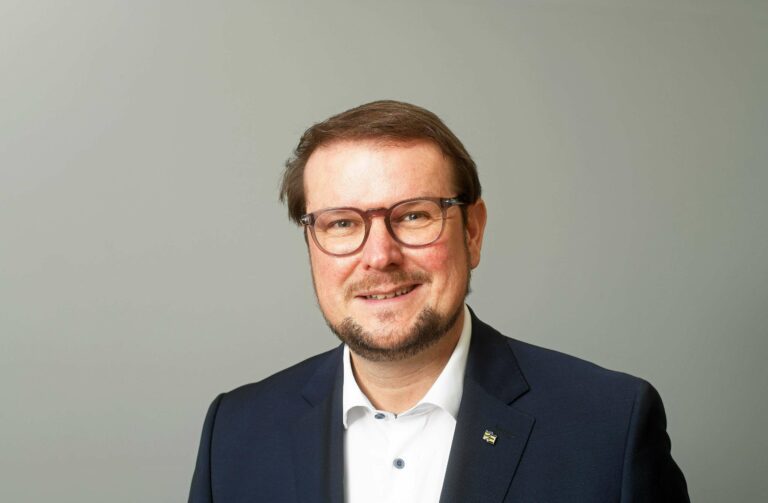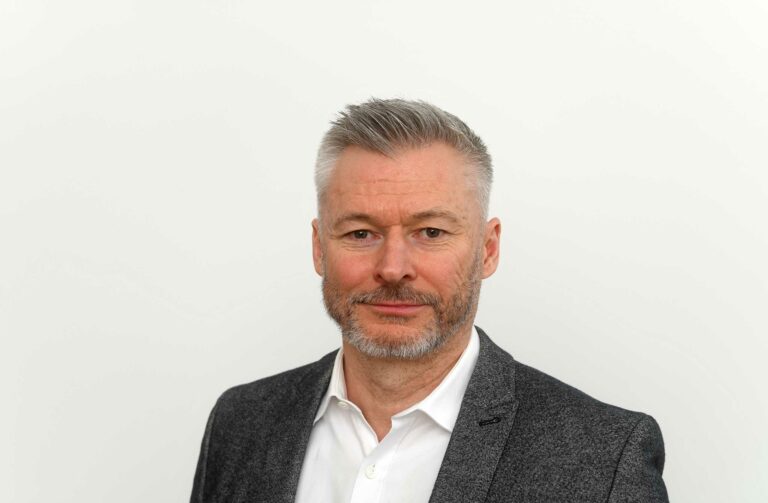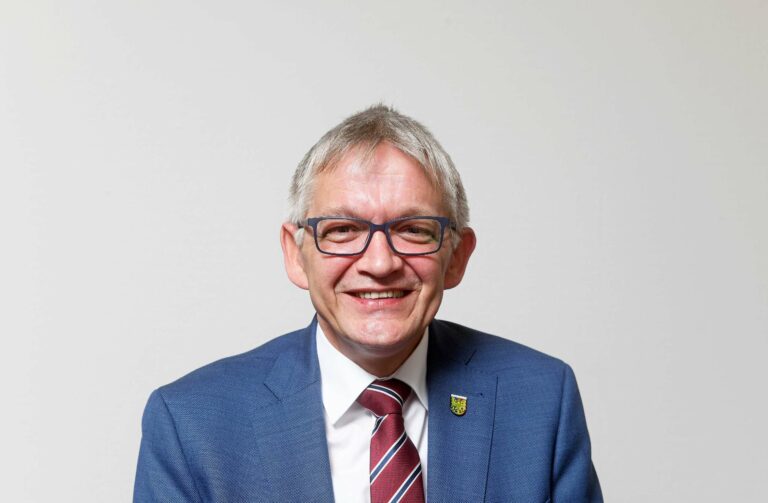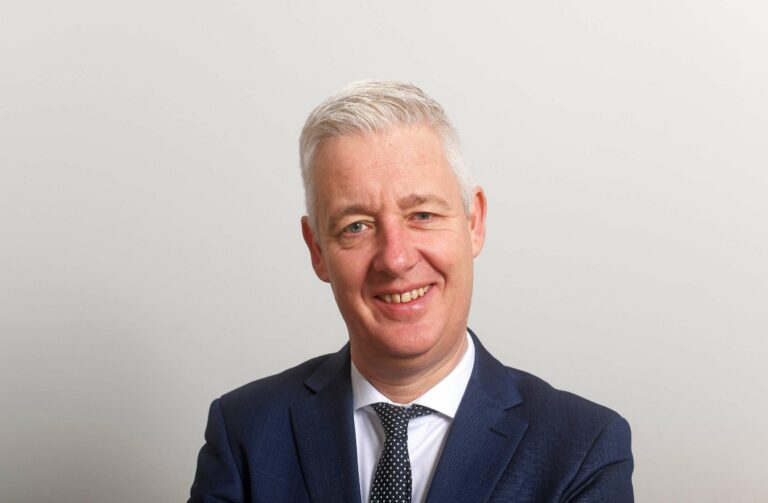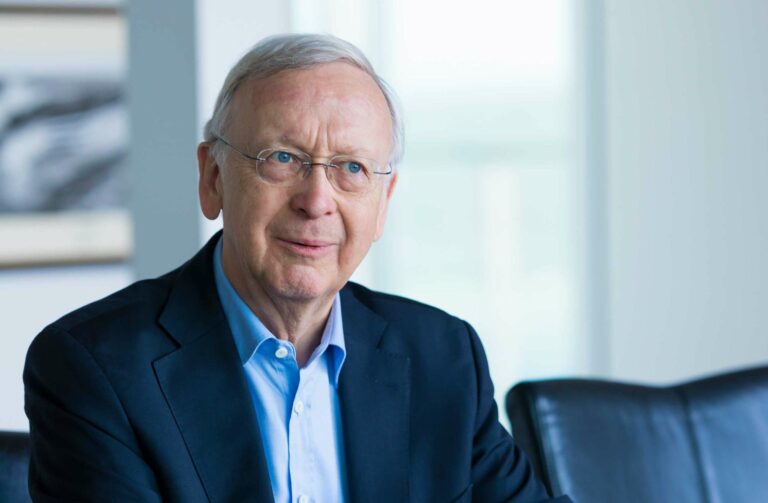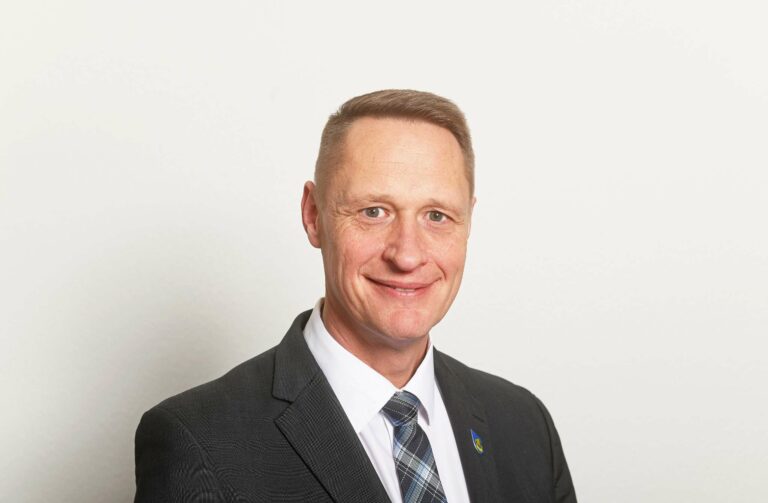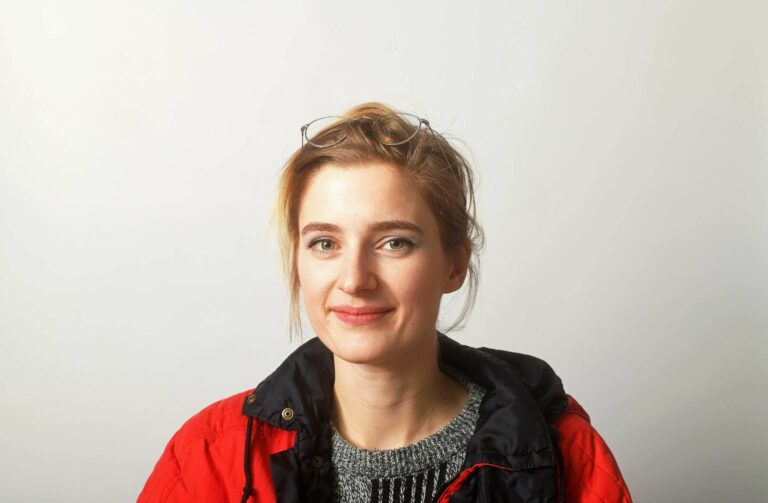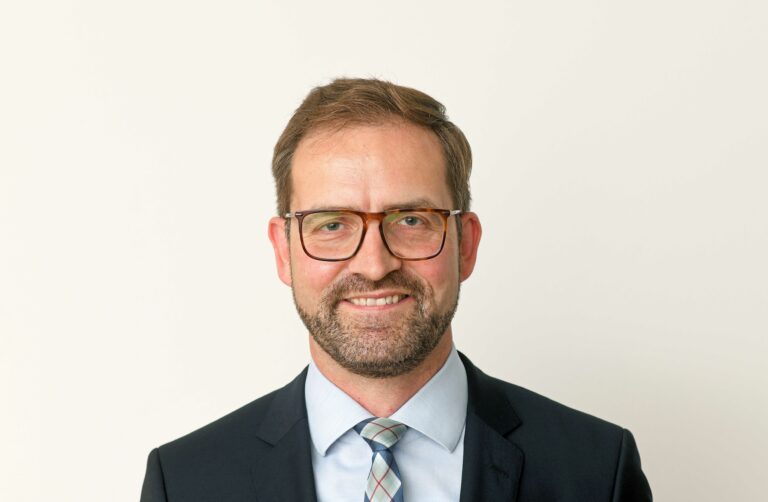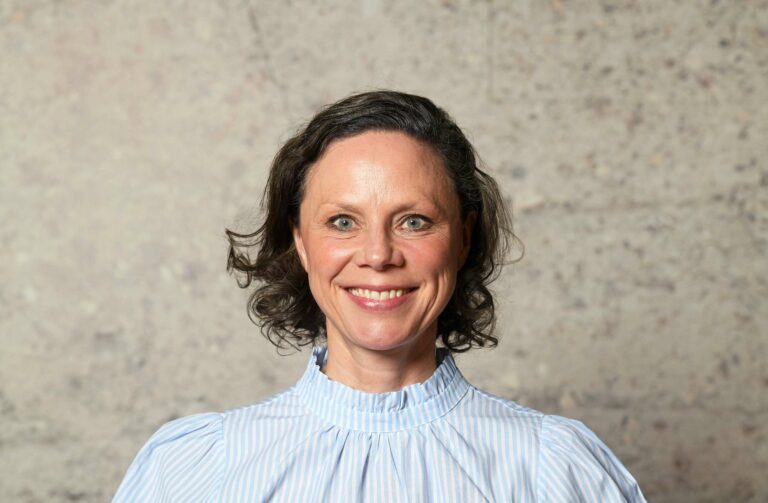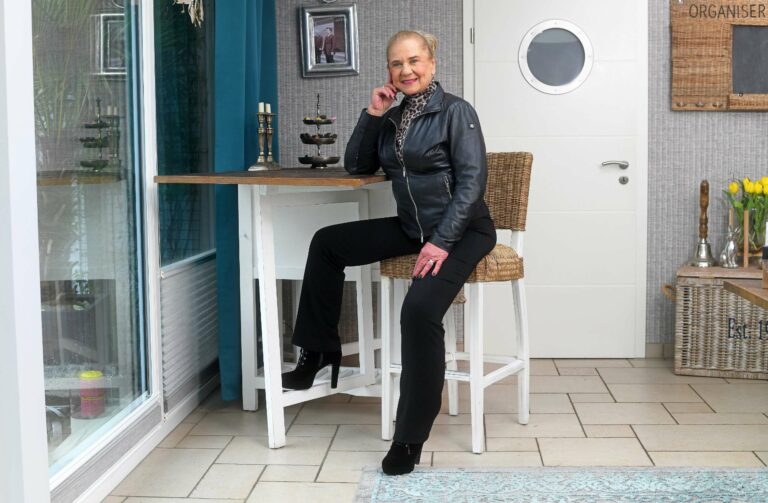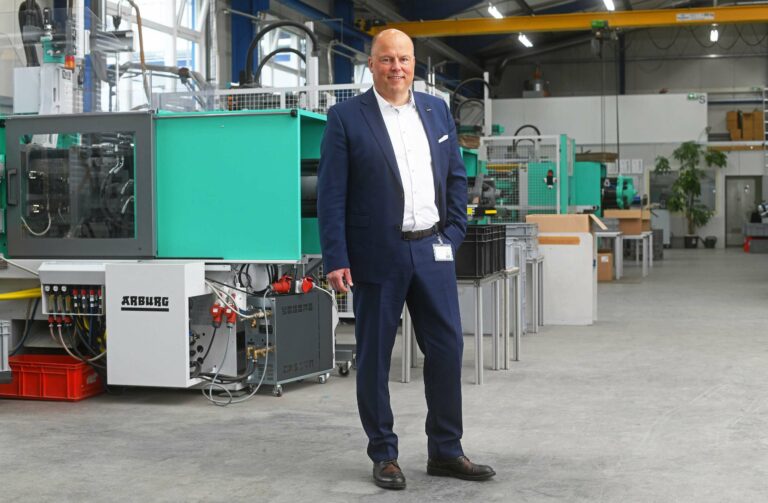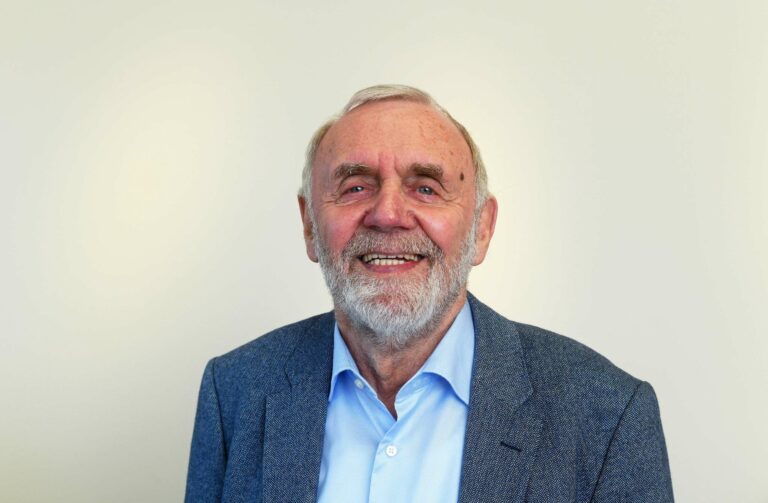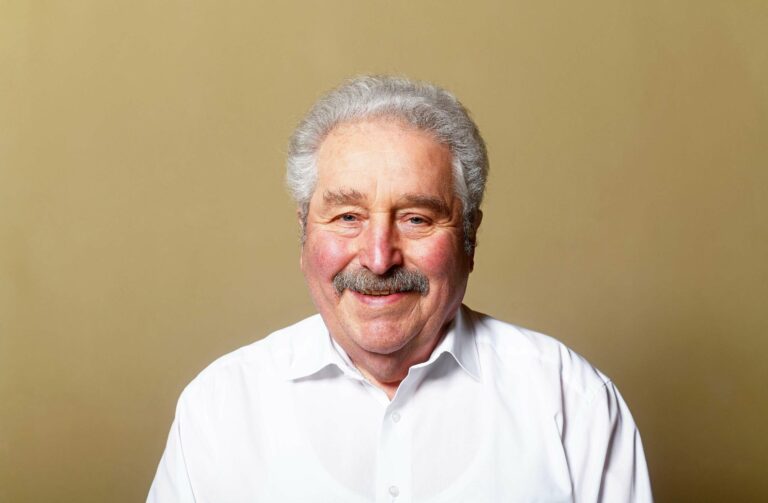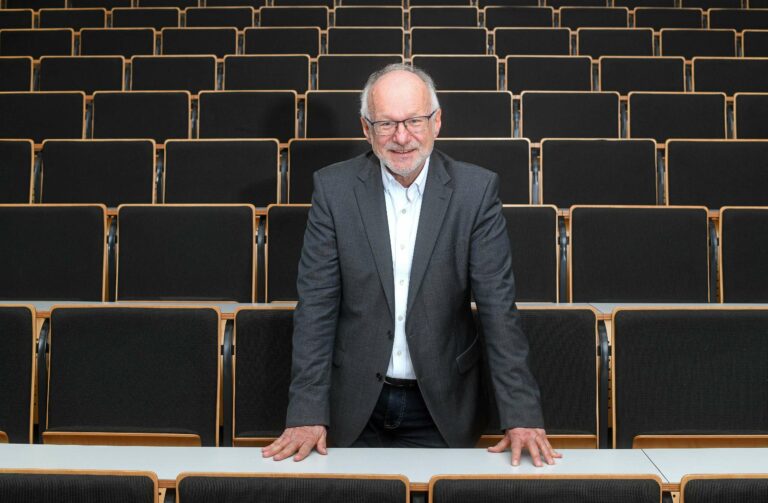“Emden urgently needs more big companies.“
Tim Kruithoff has managed something that generations of politicians have failed to do: in early 2022, he became the first independent mayor of Emden – succeeding six predecessors who all belonged to the SPD. The man in his mid-forties wants to take the town with its sea port into a better future with new ideas and fresh inspiration.
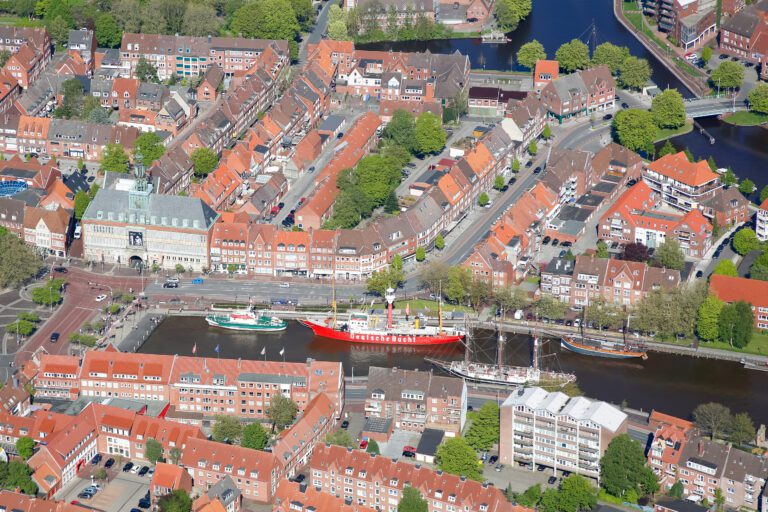
63 years are an unusually long time in politics. For one political party to govern a town for six decades without interruption is extremely rare. But it happened in Emden. The SPD member Hans Susemihl who was elected mayor in 1956 was followed by five other comrades on the mayor’s chair in the town hall through to 2019. But then Tim Kruithoff came on the scene. During the election in November 2019, the independent candidate managed to garner 75.4 percent of the votes cast already in the first round. The end of an era. And possibly the start of a new one? Kruithoff already says that he’s willing to stand for a second term.
In retrospect, Kruithoff, born 1977, doesn’t want to make too much of his sweeping victory, that also attracted national attention in the town that had been a long-standing SPD stronghold. He just says succinctly: “Times change, and the mood in the population changes too – and at some point the moment comes when it’s simply time for a change.” Nor is he one to criticise his predecessor Bernd Bornemann. They both worked together to achieve a relaxed, smooth handover. No resentment, no rancour. Simply a different person sitting on the mayor’s chair in the town hall, the kind of changeover that really ought to be normal procedure in a democracy.
Furthermore, local politics differs from what happens on the state or national level. What matters here is to work together to find the right solutions, adds the man who was born here in Emden. Ideological issues tend to be less important. “That’s why party membership shouldn’t be overrated.” There’s an easy explanation for why he has no specific political affiliation: “It just never came about, and I didn’t feel it was necessary up to now.”
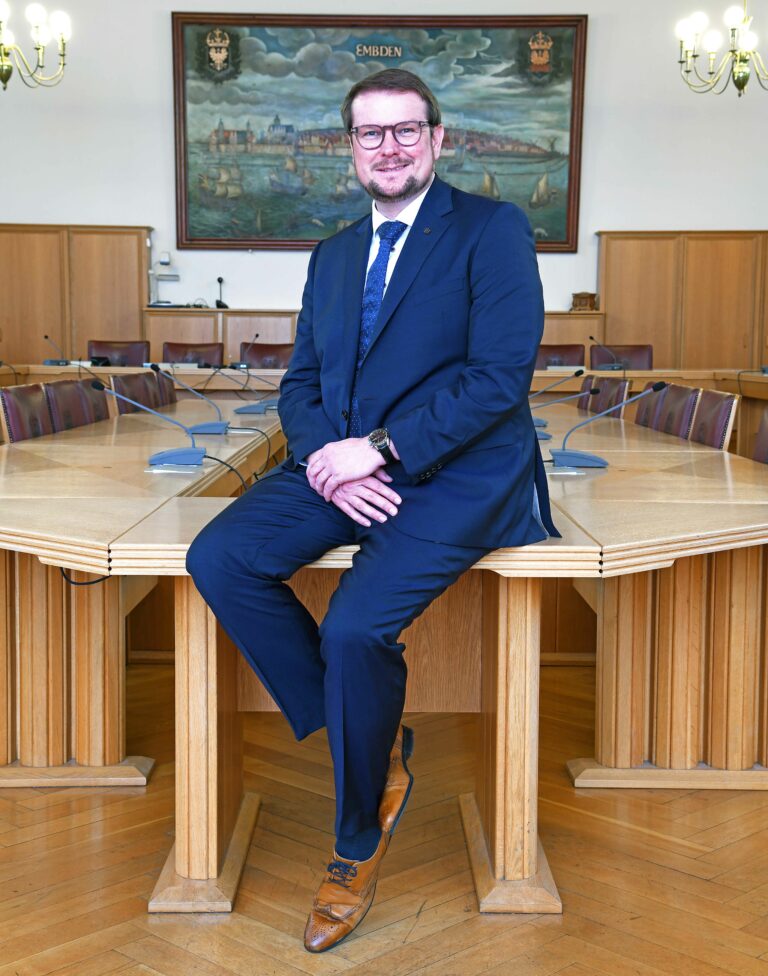
Grandmother’s knowledge and values
For many years, there were no signs that Kruithoff would go into politics. On leaving secondary school, he trained first in the wholesale and import business and then as a clerk with the Sparkasse bank. At the same time, he went to night school to get his university entrance qualifications. “My CV is a good example of how flexible our education system is”, he says.
He remained true to the Sparkasse in the following years. After getting a degree in business management followed by a part-time Master’s degree in the management of financial institutions, he was promoted from credit clerk to division manager and authorised signatory. In 2015, he returned to Sparkasse Emden as head of the corporate customer department.
The thought of going into politics to make a difference didn’t come overnight. Instead, the idea grew slowly but surely. His grandmother played a major role in shaping the person he became, emphasises the son of a housewife and electrician. During the National Socialist era, she had wanted to become a teacher but wasn’t allowed to. So subsequently, she passed her wisdom and values for life to young Tim. Her most important message: don’t shrink responsibility!
After returning home from a longer period in the USA, the time had come. “I suddenly saw Ostfriesland through different eyes and thought: We can do more, Emden can do more.” Sounds good, but what does it actually mean? “I saw Emden as a company that has to face up to the tasks of the years ahead. What demands does this make of the management? How should it be organised? Where are the best chances and the biggest risks?“ Kruithoff’s conclusion from this change in perspective: the chances outweigh the risks. Emden can do more.
Leaving Emden better than I found it
His father’s words of advice when Kruithoff assumed office were “Now you’ve got to show what you’re made of”. In fact, many politicians who end up in the boss’s job confirm that real life caught up with them faster than they really wanted. The shock that reality brings with it can be huge, obstructive and, of course, sobering. The urge to get on with things may then dwindle away.
In early 2020, just months after Kruithoff took office, the staff in Emden town hall suddenly found themselves dealing with the Covid-19 pandemic. This was challenge that caught almost every town in Germany on the wrong foot. But not Emden! “We already had a plan for dealing with a pandemic”, says the mayor, still obviously relieved today. It’s quite apparent that he likes to be well-prepared and gives thorough consideration to possible eventualities. After all, democracy itself is by no means a straightforward form of government. Processes often take a long time, particularly when the citizens are involved. That can wear you down.
But not Tim Kruithoff, a fact that soon becomes clear during the interview. He is a fighter who obviously knows exactly what he wants. What is it that drives him to tackle at least some of the entrenched structures and break down encrusted old ways of doing things? He answers with a sentence that sets a standard for his own performance in future: “I want to leave the town Emden as a better place than I found it.”
Acquisition talks in the Old Town Hall
Right, so let’s stop beating about the bush: where is there scope for doing more? This is Kruithoff’s element, the ideas just come bubbling out. In its role as Ostfriesland’s centre , Emden has a special responsibility. Around 10,000 people here are dependent on assistance and struggle to cope on their own. Giving them sufficient support takes a lot of “strong shoulders”, he says. But Volkswagen on its own as the largest and most important employer in town is simply not enough. Kruithoff likes to refer to the car plant as the prime asset in the town’s economy. Even so, “we urgently need more big companies.“
He wants to get automotive subcontractors to settle in Emden. “There’s certainly no lack of commercial properties for them to use.” He’s also thinking of other companies involved in electromobility and the energy sector, the up-and-coming hydrogen industry and battery manufacturers. “Many sectors are currently going through a radical rethinking process, and this is something that Emden with all its possibilities can profit from.”
Tim Kruithoff wants to generate a “get-up-and-go” mood in Emden’s economy, steering it along future-oriented lines. This entails both supporting companies already established here and encouraging new ones to come and settle in the town. When companies from other regions contact the town hall with their enquiries, he usually decides to deal with them himself. His preferred modus operandi is to invite their representatives for talks in the Old Town Hall directly on the harbour. That’s sure to leave an impression. “And there are lots more arguments in our favour”, he says. An intact infrastructure, short communication channels in an independent town, quality of life and a highly varied cultural programme, together with an active economic development agency.

Twin town relationships suspended
The fact that a mayor can unexpectedly also have to act as crisis manager was something Tim Kruithoff went through in early 2022. The Ukraine war presented Emden with a predicament, due to the lively twin-town relationship cultivated for more than 30 years with the North Russian port of Archangelsk. As the town mayor, Kruithoff had initially advocated maintaining the relationship for as long as possible. However, after consulting the political parties in Emden town council, he then informed his Russian counterpart that all activities and projects were being suspended with immediate effect.
“That was one of the hardest decisions I’ve had to take up to now”, says Kruithoff in reflecting on the decision to stop the cooperation. The situation is most unfortunate, particularly for those who had developed friendships over the years – an almost intolerable situation for a politician of Kruithoff’s kind, who is always on the look-out for pragmatic solutions and striving for consensus. But sometimes even a town mayor comes up against his limits.

